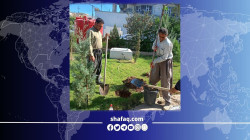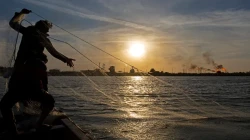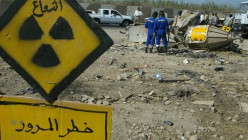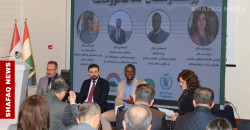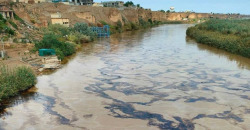Report: Iraq’s green movement faces repression
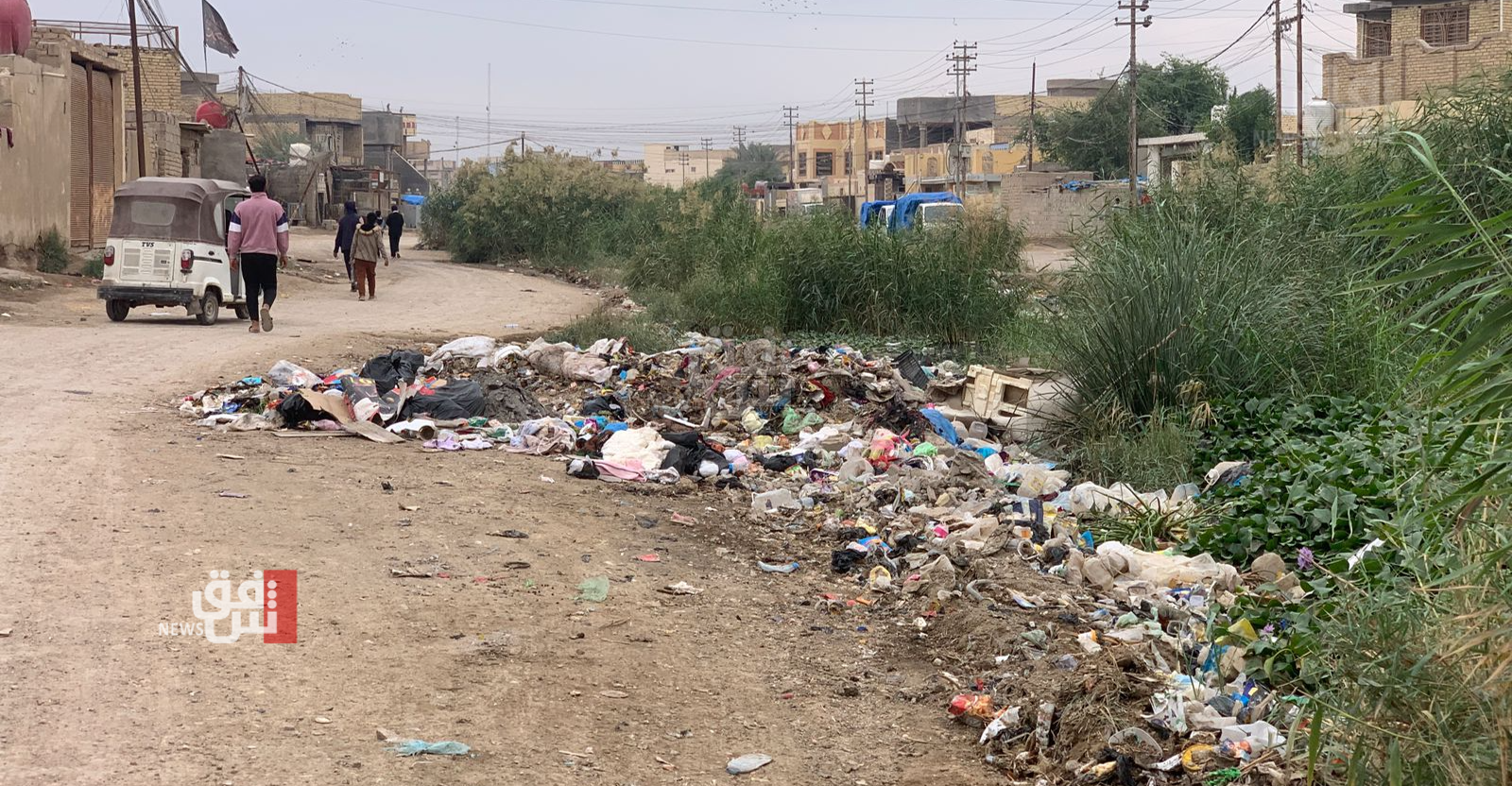
Shafaq News/ Environmental activism in Iraq lacks independence due to entrenched “authoritarianism,” which affects the work of environmental organizations, the Arab Reform Initiative, warned.
Activism Challenges in Iraq
According to a report by the Paris-based research institute titled “Navigating the Challenges of Environmentalism in an Increasingly Authoritarian Iraq”, environmental movements in Iraq are a relatively new phenomenon and have only begun to gain traction in the last couple of years amid the shrinking of civic space, adding, “While civil society organizations have been active since 2003, in the aftermath of the invasion they focused on the provision of services and on contesting policies and laws brought in by the occupying forces.”
The institute studied how environmental activists in Iraq navigate these complex contexts and challenges. It was based on 30 interviews conducted in Erbil, Al-Sulaymaniyah, Baghdad, and Basra between September and October 2024 with non-governmental organizations running environmental programs, academics, journalists, and activists, all of whom face retaliation and threats due to their work.
The report pointed out that the recent interest in environmental issues in Iraq presents a major challenge for environmentalists due to limited public, government, and civil society awareness. The lack of a unified environmental movement further complicates efforts.
While rising oil production and worsening climate change have caused significant transformations, public and civil discourse on these issues remains underdeveloped compared to topics like corruption and ethno-sectarianism.
“Moreover, since 2019 [following the protests], environmental movements and actors have gotten on the radar of the government and associated forces, including militia groups. Increasingly insecure about their position and legitimacy, Iraq's dominant parties have come to see environmentalists as a threat as opposed to partners in tackling climate change and environmental degradation,” the report claimed.
Arab Reform Initiative further indicated that manyactivists had to flee Iraq and some were arrested and “kidnapped and tortured” by armed factions.
Although Kurdistan's civic space has not contracted as significantly as other parts of Iraq since 2019, engaging in environmental activism there still carries concrete and justified risks, as “activists often receive veiled threats for their environmental work from political parties, especially when they call out activities that might harm these parties´ business interests.”
Recommendations for Improvement
In addition, the report revealed that to counter Iraq's “growing authoritarianism”, environmental advocates tend to adopt well-framed, small-scale initiatives, often presenting them as support for the government in addressing specific environmental issues. This approach, however, also means that environmental movements in Iraq lack independence, with certain issues—particularly those that could harm business interests or the political elite's standing—remaining outside the government's focus.
As a result, environmental initiatives in Iraq tend to engage in superficial interventions that do little to address the root causes of environmental degradation or mitigate climate change effects, the report noted, adding that these dynamics are exacerbated by donor organizations' funding structures, which favor small-scale, time-limited projects with easily measurable outcomes.
However, the report mentioned, “Addressing widespread environmental degradation in Iraq requires broader and more systematic mobilization as well as an understanding of the root causes,” assuming that it requires the overhaul of the political system imposed on Iraq through the US and UK-led invasion and occupation, which has allowed the entrenchment of political parties and militias who only serve their own interests.
The report proposed several recommendations for international donors and global environmental organizations, including establishing a mechanism to coordinate and mainstream funding to prevent project duplication and ensure that financing reaches youth-led organizations rather than being concentrated in established entities that may be less effective in mobilizing grassroots action.
The report recommended making funding more sustainable by supporting NGOs in establishing social enterprises to self-finance projects and cover costs beyond donor funding. It emphasized consulting local environmental actors in project planning to avoid superficial interventions and ensure safety.
Additionally, it called for a knowledge-sharing initiative between the Kurdistan Region and federal Iraq, a multi-dimensional approach to environmental projects that includes marginalized groups, and leveraging Iraq’s diplomatic status to protect wetlands from industrial expansion.
Lastly, it suggested using government connections to help activists access official data.
